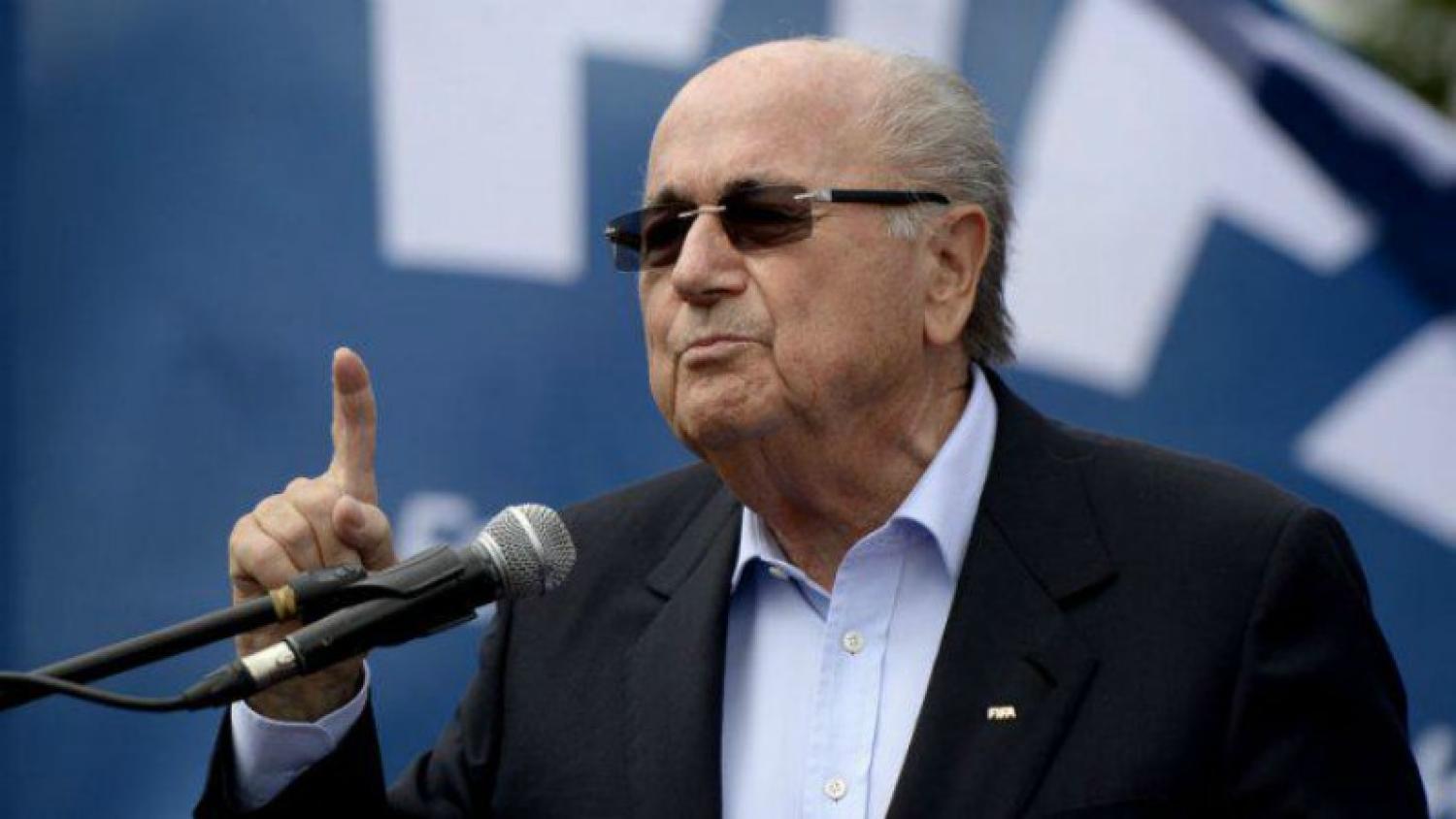FIFA is releasing the full version of Michael Garcia’s report on his investigation into claims of corruption regarding the choice of Russia and Qatar as hosts of the 2018 and 2022 World Cups.
FIFA had previously released its own summary of Garcia’s report, but that summary was largely met with incredulous indignation. The summary was such a misrepresentation of Garcia’s report that Garcia resigned in the aftermath of its release.
"[My] report identified serious and wide-ranging issues with the bidding and [World Cup host] selection process," Garcia wrote during of his resignation, adding that FIFA’s summary of his report "made me lose confidence in the independence of the Adjudicatory Chamber, [but] it is the lack of leadership on these issues within FIFA that leads me to conclude that my role in this process is at an end."
FIFA’s own employee’s do not trust FIFA, the knowledgable public does not trust FIFA, and so the organization’s leaders decided to clear the air. Two days after Garcia’s resignation, FIFA has decided to release his full report. FIFA wants to show that it is a transparent organization, but the transparency with which it is releasing the full Garcia report is selective.
FIFA is releasing a redacted version of the Garcia report in order to protect the identities of those who contributed to it. Such identity protection is par for the course when it comes to such reports, the identities of those who contributed should be protected. But FIFA, however, has given little reason to believe that redaction will end at identity protection.
In FIFA’s very own summary of the Garcia report, the identity of a person was revealed after Garcia repeatedly assured her that her confidentiality was secure, putting the contributor at “great personal risk.”
This is an organization that has already completely disregarded its responsibility to protect the identity of someone at risk. It is negligent to believe that FIFA will redact only in the name of identity protection when FIFA has already clearly shown it values it so little.
The problem is there is nothing the general public can do to ensure FIFA does not abuse its power to redact. There is no way to tell if what FIFA censors is legitimately for the sake of protecting an identity, or if it is just FIFA covering its own tracks.
The entire Garcia report saga has proved to be a gigantic, interconnected support system of self-regulated dishonesty, and there is no sign that the future does not hold more of the same. The vice-president of FIFA, Jim Boyce, had this to say: ”I am pleased the FIFA executive committee decided…to publish this report. It shows that people at FIFA at the moment do desire transparency and the sooner we can get on with talking about the game of football that we all love, the better."
That statement is magnanimous and dismissive. Boyce wants us to believe that FIFA cares about what the public thinks, even though its actions have so far proven otherwise. And now that FIFA has catered to the needs of the people, we should all go back to the only thing we really care about: soccer.
With the release of the “full” Garcia report, FIFA can likely say that it has done all it needs to do in terms of proving its innocence. Corruption may still remain on the minds of the few, but the many will go back to talking about soccer as entertainment, and not in the name of justice. The show will go on, and there’s little resonate believe it will ever stop.
If you liked this, you might also like…
A Memorial For The Workers Of The Qatar World Cup That Will Reach A Mile High
FIFA Executive: I Believe The 2022 World Cup Will Not Take Place In Qatar




